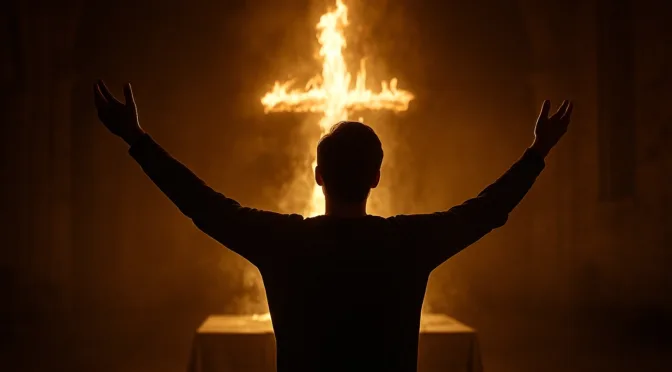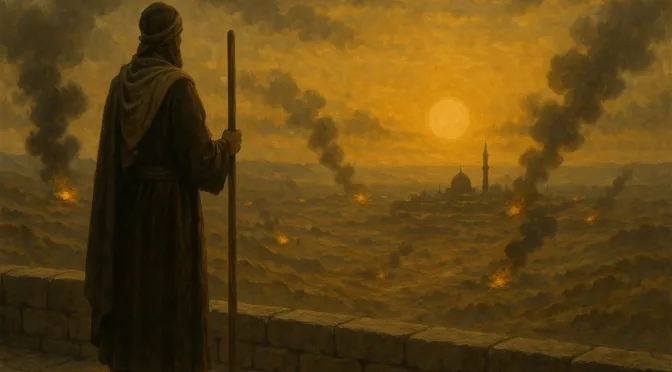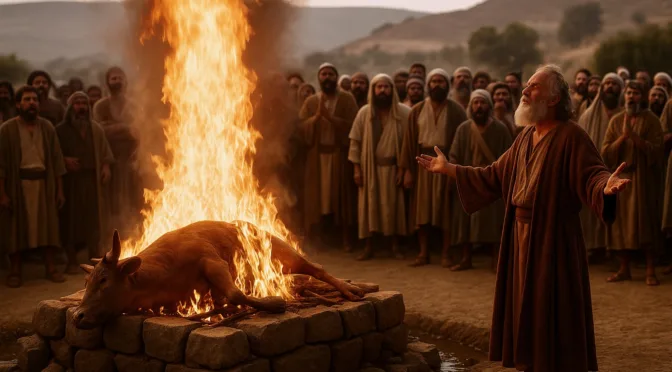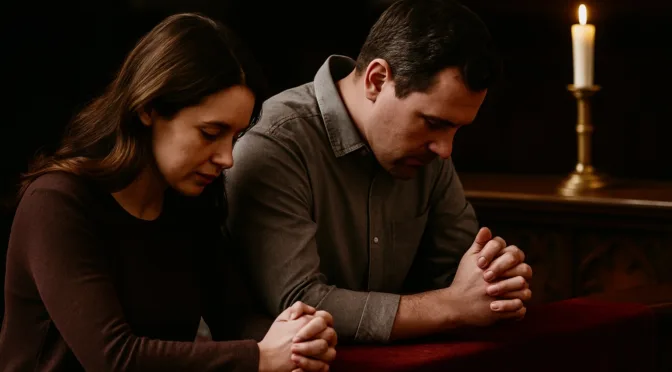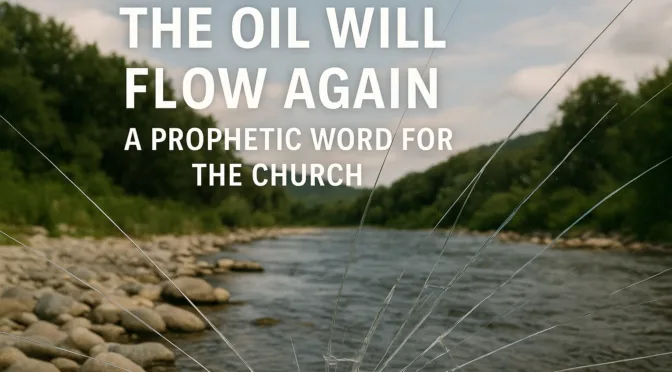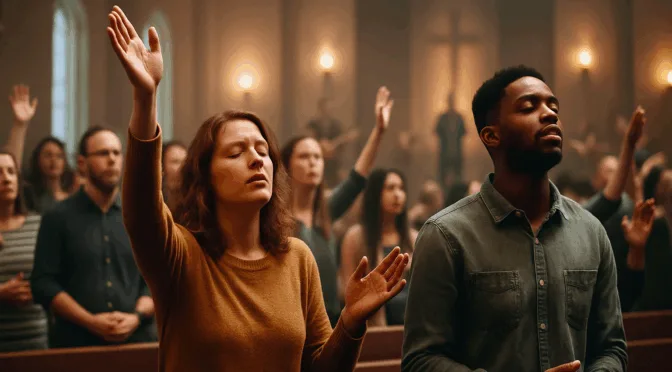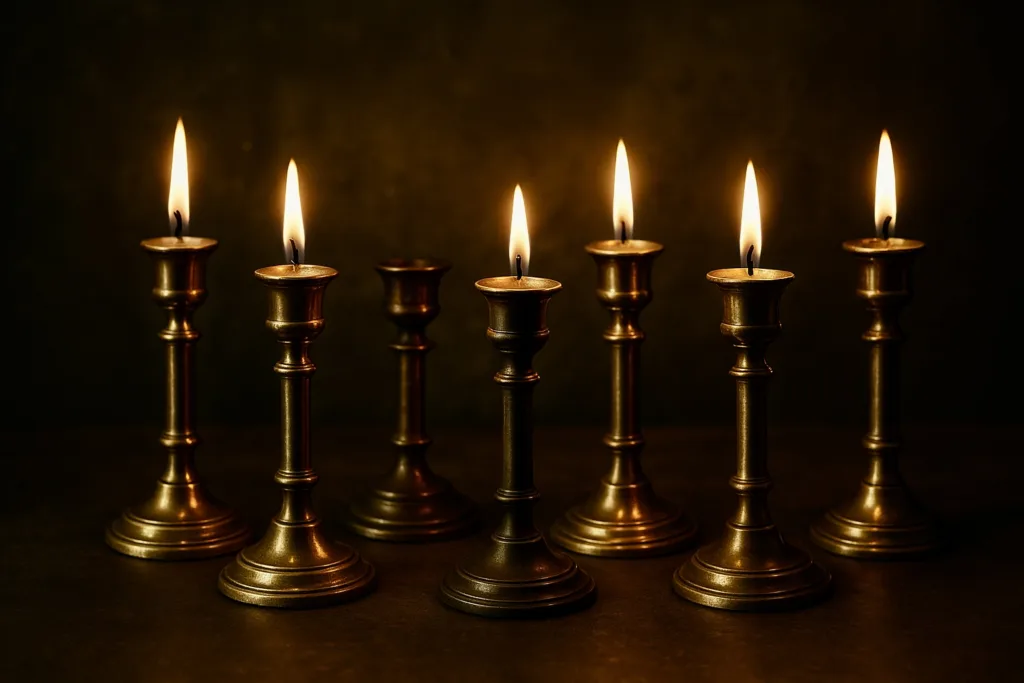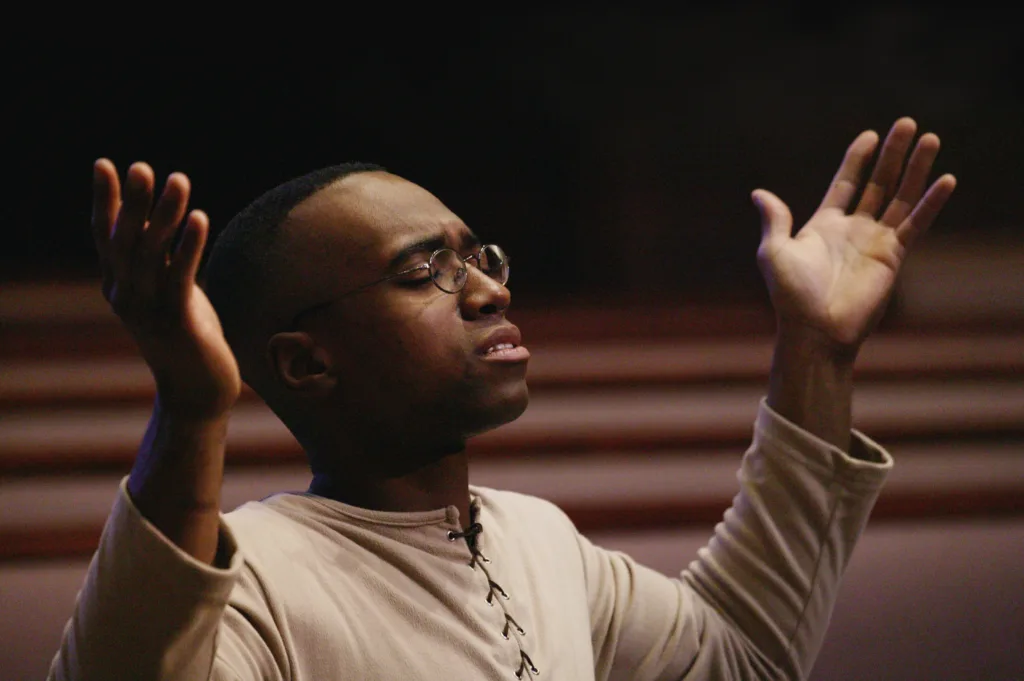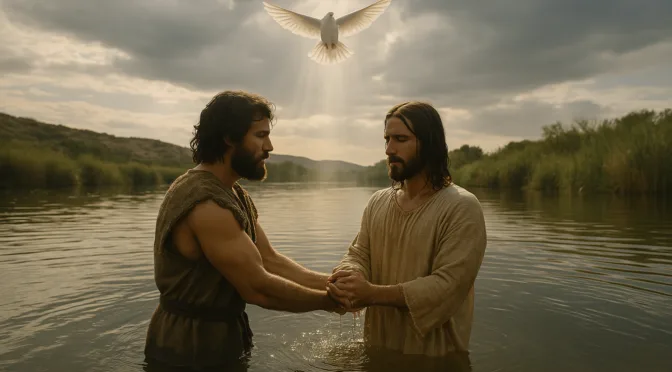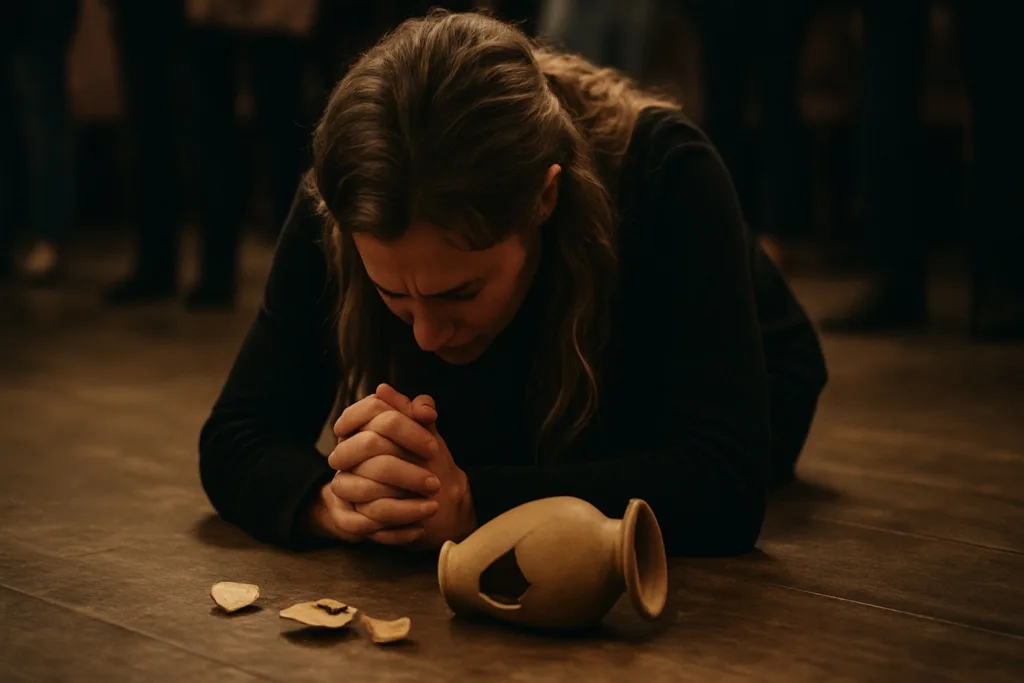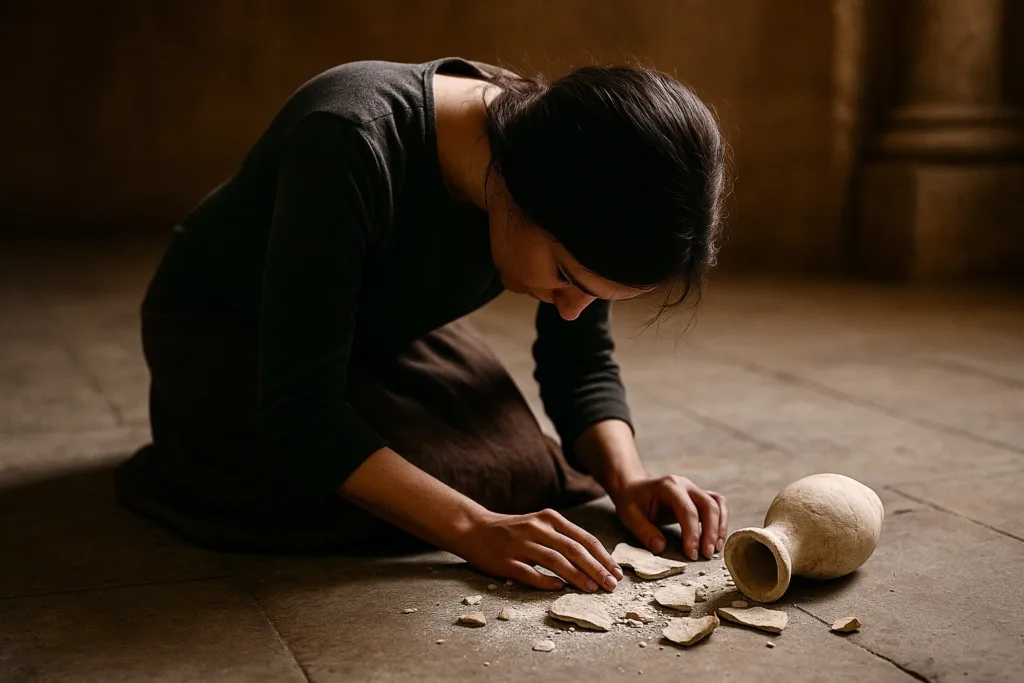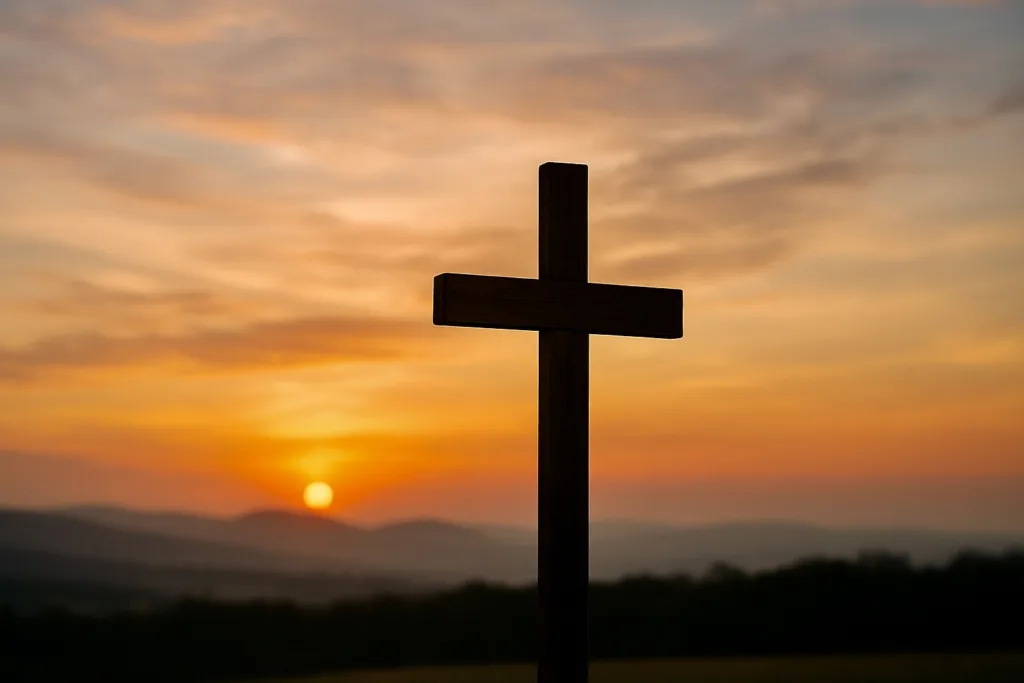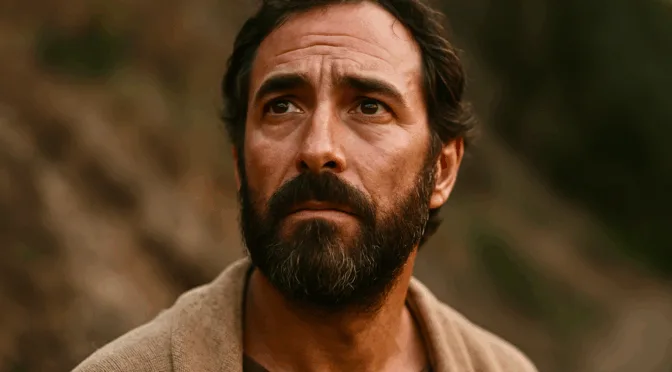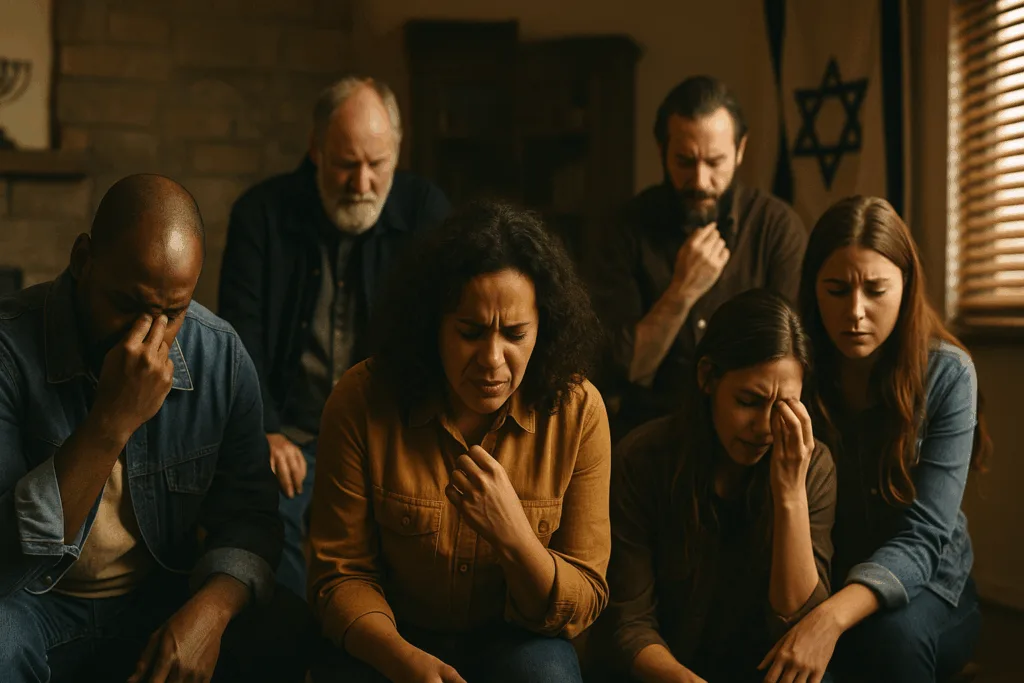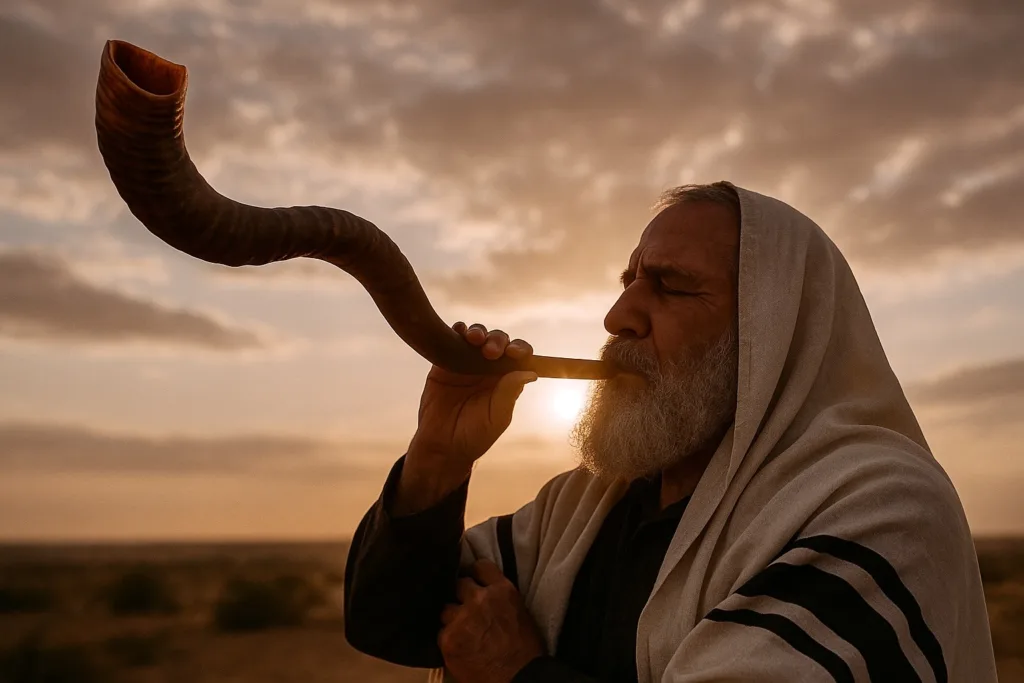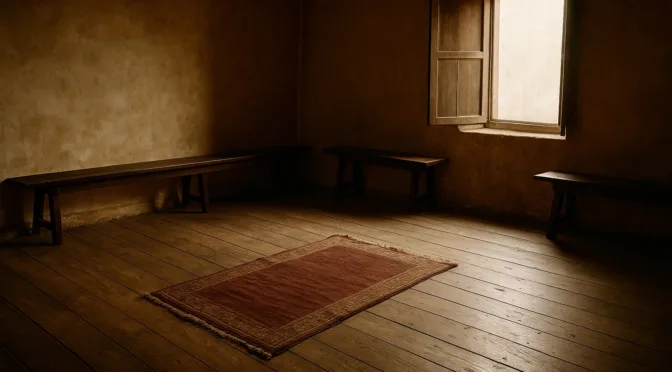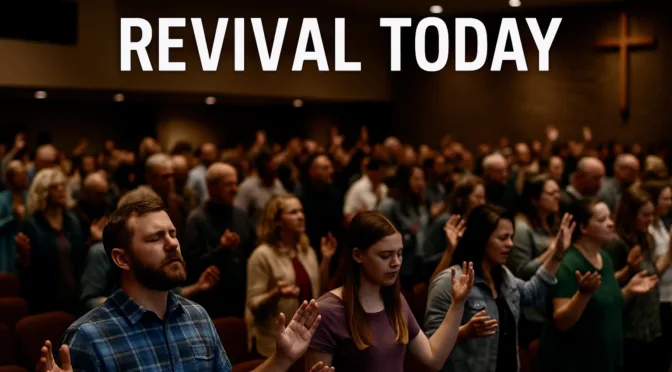There is a fire that the world cannot ignite, a flame that does not consume but purifies. It is not found in the noise of religion or in the pretense of performance. It is born in the sanctuary of surrender, in the stillness where the soul waits for God. It is the Holy Fire of God, and it is calling.
Beloved, let your heart be drawn back to the altar. Before revival ever sweeps the nations, it begins in the secret place. The altar must be rebuilt—not in stone, but in spirit. The sacrifices God seeks are not the burnt offerings of old, but the yielded life: the heart that says, “Not my will, but Yours be done.” There, in that place of humility, the fire descends.
Self-reflection: Have I given God access to every part of my life today—my plans, my schedule, my reactions? What would it look like to lay those on the altar this morning?
The Holy Fire of God is not a passing feeling. It is not a momentary excitement in the soul. It is the Spirit of the living God resting upon a life wholly surrendered. “He must increase, but I must decrease” (John 3:30, NASB). These are not the words of one reaching for greatness, but of one already consumed by glory. The lesser we become, the more He fills. The more He fills, the more the fire spreads.
There is no fire without thirst. “As the deer pants for the water brooks, so my soul pants for You, God. My soul thirsts for God, for the living God” (Psalm 42:1–2, NASB). This divine thirst is not satisfied by knowledge, nor quenched by tradition. It presses beyond comfort, past ritual, to the living waters promised by Yeshua: “The one who believes in Me, as the Scripture said, ‘From his innermost being will flow rivers of living water’”(John 7:38, NASB). This He spoke of the Spirit, who was to come.
Self-reflection: Am I spiritually thirsty—or have I learned to live dry? When I wake up, what am I hungering for more: God’s voice, or the noise of the world?
To thirst is to pursue. The Holy Fire of God rests where there is holy desperation. The one who hungers and thirsts for righteousness shall be filled—not with mere words, but with power. Not with empty motions, but with the presence of El Shaddai, the all-sufficient One.
And yet, the fire is not given to decorate a heart still cluttered with idols. “Behold, I stand at the door and knock. If anyone hears My voice and opens the door, I will come in to him and will dine with him, and he with Me” (Revelation 3:20, NASB). He knocks on the door of the Church. He knocks on the door of the heart. But He will not enter without invitation. He waits for the room to be cleared—for burdens to be laid down, for crowns to be surrendered, for distractions to be cast aside. When the heart makes room, the fire falls.
Self-reflection: What am I holding onto that is crowding out God’s presence? Have I created space in my day for Him to speak, or is He still knocking, waiting to be welcomed in?
The fire also burns in the sacred place. It does not always roar; sometimes it glows in quiet glory. “Be still, and know that I am God” (Psalm 46:10, NASB). There is a fire in stillness, in reverent silence, in the place where the soul is stilled before the majesty of El Elyon, the Most High. Here, the fire does not shout—it speaks in the whisper. It consumes not with noise, but with nearness.
Self-reflection: Do I ever sit quietly in God’s presence, with no agenda? When is the last time I was still and simply listened for His voice?
And in that sacred place, He draws us to the table. “Is the cup of blessing which we bless not a sharing in the blood of Christ? Is the bread which we break not a sharing in the body of Christ?” (1 Corinthians 10:16, NASB). To partake of communion is not to remember only—it is to participate, to enter into the mystery of covenant. The table is more than remembrance. It is a meeting place. The Holy Fire of God is in the covenant, for the blood that was shed still speaks, still calls, still covers.
Self-reflection: How do I honor the covenant of Christ in my daily life? When I eat and drink, do I remember Him only in ritual—or do I live like His blood has changed everything?
But this fire, Beloved, is not meant to stay within. It must break out. It must leap from soul to soul, from gathering to gathering, until the Church becomes a flame in the night. Walls must fall. Ceilings must break. Traditions must tremble before the power of the Spirit. The wind that once rushed through the upper room has not ceased. The tongues of fire that rested on the early disciples have not faded. Heaven still longs to come down.
Self-reflection: Does the fire of God in me spill over into others? Who have I prayed for today? When have I let the Spirit lead me to act, speak, or give beyond myself?
The fire sanctifies. It cleanses. It compels. It says, “Enough with apathy. Enough with passivity. Enough with compromise.” It is not content with weekend religion. It does not abide lukewarm hearts. It seeks the altar of total devotion.
Yeshua does not send His Spirit to comfort the unshaken, but to awaken the slumbering. “Do not quench the Spirit,” Paul writes (1 Thessalonians 5:19, NASB). But how often has the Church traded fire for form, power for politeness, glory for entertainment? The Holy Fire of God does not abide where it is tolerated. It burns where it is welcomed.
So awaken, soul. Fan the flame again. Let your heart become the altar. Let your worship rise like incense, your obedience like kindling. Let every song be a prayer, every breath a surrender, every act of love a spark. For the fire of God is not far. It waits to descend. It waits to consume. It waits to inhabit.
And when it does—when the altar is rebuilt, when the fire falls again—the world will not be able to deny it. They may not understand it. They may not explain it. But they will see it. A Church ablaze cannot be hidden. A people on fire cannot be ignored.
Self-reflection: Am I willing to look foolish to be faithful? Do I still care more about approval or more about fire?
Beloved, return to the fire. Return to the place where your heart first burned with love for God. Let the embers be stirred. Let the Spirit fall afresh. Lay down the distractions. Open the door. Make room. Be still. Partake of the cup. And let the fire burn again.
Prayer
Lord, I lay my heart on the altar. I offer every part of me—my thoughts, my will, my desires—as a living sacrifice. Come and set a fire in my soul that cannot be quenched. Cleanse me with Your holy flame. Burn away every impurity and draw me deeper into Your presence. I thirst for You, O God. I hunger for more. Let Your Spirit rest on me, and let Your fire break out through me, for the sake of Your name and Your glory. In Yeshua’s name, Amen.

